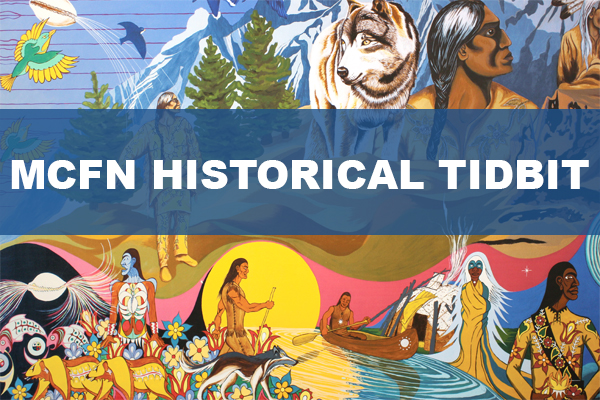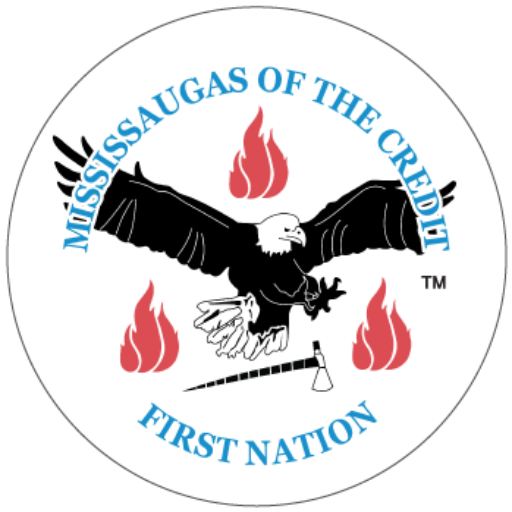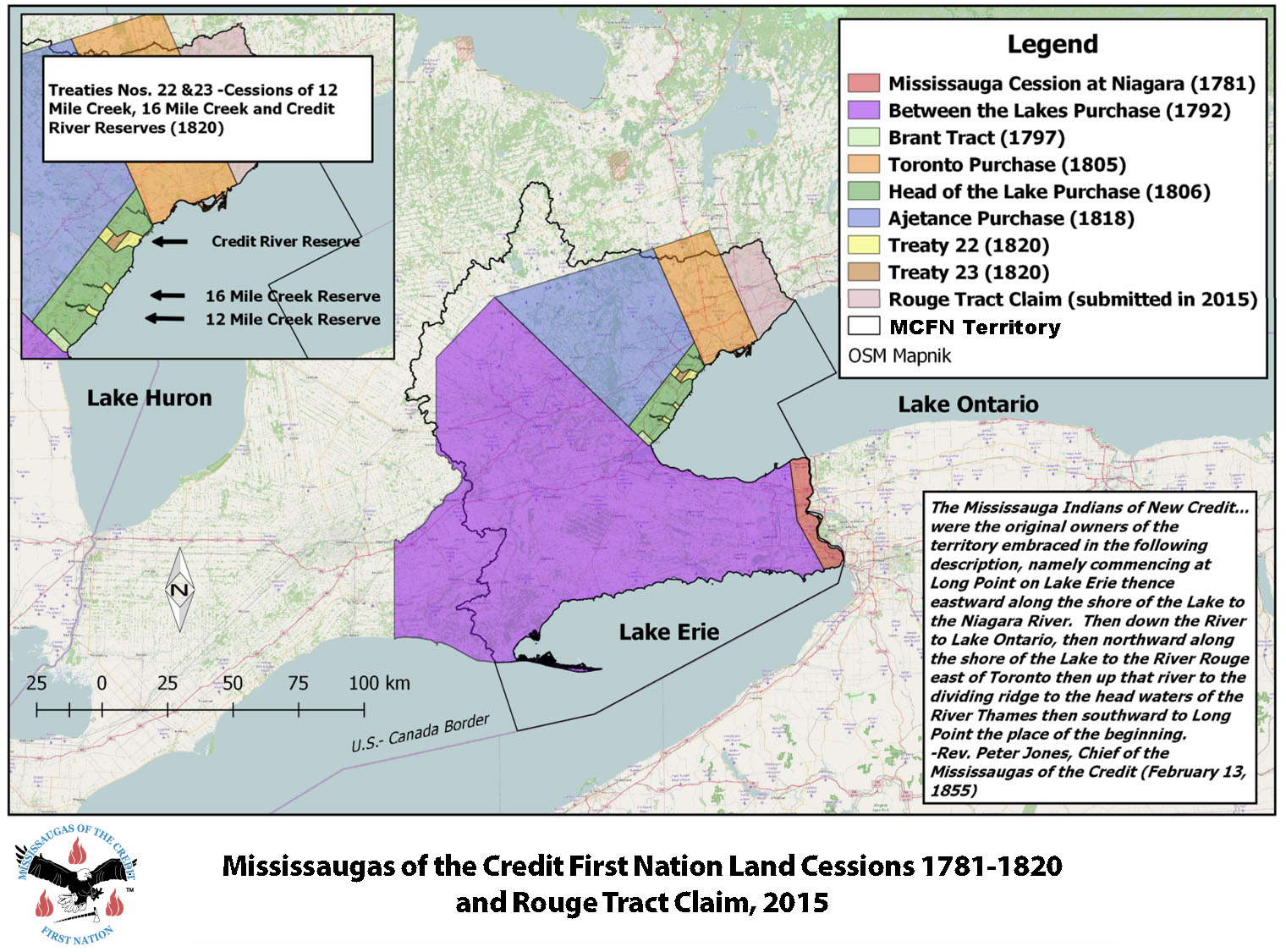June 2020 Historical Tidbit: Preservation of Community Health
Posted on June 1, 2020

By Darin Wybenga
New Credit Public Library
Social distancing, quarantine, and all manner of other precautions are currently the order of the day as the Covid-19 pandemic assails Canada and the world. The Mississaugas of the Credit First Nation, like other peoples the world over, are working hard to blunt the impact of the pestilence on the community.
The Mississaugas at the Credit River Mission Village soon after its founding in 1826, were also determined to ward off disease and preserve the health of the community. Found within the 1830 Constitution of the Mississaugas of the Credit River is a brief regulation related to community health:
No one shall be allowed to leave wood or timber in the streets of the village; nor to suffer any filth or dead carcasses to remain within the bounds of the village. But it shall be the duty of all householders to see that the village is perfectly free from all filth and dirt, which is necessary in order to preserve health in the place.
Although not Covid-19, the diseases that afflicted the Mississaugas at the Mission village -Small Pox, whooping cough, and tuberculosis were every bit as deadly. Chief and missionary Peter Jones, having officiated at the burials of many band members who has succumbed to disease, was wise to include a provision for public health when he framed the Constitution of 1830. The regulation recognized then, as we do now, that it was the responsibility of all households to preserve the health of the community.
In 1884, under the leadership of Chief Peter E. Jones, like his father the Rev. Peter Jones, framed a set of rules and regulations for the governance of the Reserve. Considering that P.E. Jones was the first Status Indian to obtain a medical degree from a Canadian university, was the band’s medical attendant, as well as its chief, it was not surprising that a considerable portion of the Rules and Regulations of 1884 was devoted to public health. By-law No. 2 “As to Care of Public Health” contained 8 sections pertaining to the physical well-being of the Mississaugas and others residing on the reserve.
Sections 1 to 5 of the By-law stated that the medical attendant would be elected by a majority vote of the duly qualified members of the band. It was the duty of the medical attendant, a qualified medical doctor, to treat the members when called upon in times of sickness. Annually, the doctor was to vaccinate members of the band at the Council House on the first Monday of September. The doctor was to deliver an annual public lecture to band members of any matter that seemed best with a “view to the preservation and restoration of health”. The doctor’s duties included furnishing medical reports to the Indian Department. Just as the medical attendant was elected to office by majority vote, the attendant’s services could also be dismissed by vote.
Under By-law No. 2, each July a General Council of the band was to meet with the purpose of selecting a Health Committee of at least three members. The committee, cooperating with the medical attendant was empowered to “remove, or cause to be removed, and destroyed all putrid or other matters which shall tend to injure the public health.” Owners or occupants of land that failed to remove any “putrid” or dangerous material in a forthright manner were subject to a fine of between five and thirty dollars. The Committee, upon the recommendation of the medical attendant was to “provide aid to the sick, aged, disabled, and destitute members of the Band, who are not able to provide for themselves; and such aid shall be paid out of the funds of the Band.” The Committee was also tasked with the establishment of a hospital during an epidemic:
In case an epidemic, malignant, or contagious disease she’ll arise and likely to spread among the set band, the said committee, upon the advice of the Medical Attendant, shall erected, or cause to be erected, and maintained in some unfrequented place a temporary hospital, where all persons so afflicted shall be placed, cared and provided for, until such time or times as the Medical Attendant shall permit of their removal; the said hospital to be erected and maintained out of the funds of the Band.
Fortunately, the First Nation was never assailed by any disease in such a way as to require the building of a hospital, although from time to time strong measures were taken to protect the community. In 1914, Small Pox broke out on the Six Nations and New Credit Reserves. Dr. Macdonald, New Credit’s medical attendant, urged people to refrain from congregating in large groups and to avoid travel to the neighbouring Six Nations Reserve. A number of band members were placed in quarantine, with one non-band member removed from the reserve for disobeying quarantine orders.
To read the 1830 Constitution of the Mississaugas of the Credit River read Elizabeth Graham’s book, Medicine Man to Missionary, Peter Martin and Associates, Toronto, 1975.
A copy of the Rules and Regulations of the Mississaugas of the Credit 1884 may be found at: canadiana.ca

